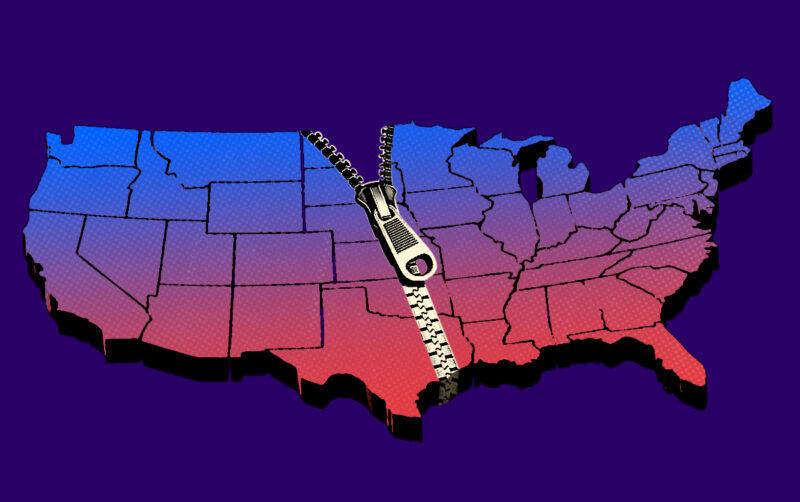Make It A Habit
Admit Ignorance Next Time You’re Arguing
Admitting uncertainty can feel risky. Whether you’re in a heated group chat, a family debate, or the comment section of literally anything, there’s pressure to come off as confident, well-informed, and unshakably right. But here’s the thing: pretending to know everything doesn’t make us smarter or more persuasive. It makes us harder to talk to.
What if one of the most constructive things we could say in a political argument isn’t a perfectly crafted counterpoint—but three humble words: “I don’t know.”
It sounds simple, but it’s surprisingly powerful. When we act like we’ve got it all figured out, we leave no room for curiosity, dialogue, or growth. We treat disagreements like battles to be won, not opportunities to learn. And in a democracy, that’s a problem. Because democracy thrives on discussion—not dominance.
Admitting “I don’t know” changes the temperature of the conversation. It creates space for curiosity instead of defaulting to combat. It signals that you’re open to learning, not just lecturing. And most importantly, it creates models for others to do the same. Suddenly, what could’ve been a shouting match becomes a shared moment of honest exploration.
This kind of humility is more than a social skill—it’s a civic one. In a functioning democracy, being open to persuasion isn’t a weakness. It’s how we build bridges, find common ground, and improve ideas together. And let’s be honest: no one has all the answers, especially on complex issues like climate change, public health, or criminal justice. So let’s stop pretending we do.
Here’s a simple habit that can make us better citizens and better conversation partners: when you feel defensive or unsure, pause. Say, “I don’t know enough about that yet,” or “I need to read more before I weigh in.” Then follow up. Ask a good question. Look into it. Come back to the conversation better informed—and more open.
In a time when everything feels loud, urgent, and absolute, admitting ignorance is a quiet act of courage. It doesn’t mean stepping back from hard conversations. It means stepping into them with the humility that real change requires.
Because a healthier democracy isn’t built on having all the right answers. It’s built on the courage to ask better questions—together.
—Alex Buscemi (abuscemi@buildersmovement.org)
Keep Reading

5 Reasons Americans Lost Trust in Each Other—and How We Build it Back

Lead With Stories Before Stats
